Keywords: Hate
There are more than 200 results, only the first 200 are displayed here.
-
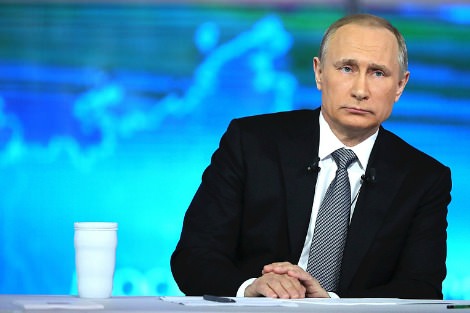
INTERNATIONAL
- Justin Glyn
- 15 November 2016
6 Comments
If a failure of empathy marks our understanding of internal politics, its effects are magnified, with even worse results, in the international arena. A classic example is Russia. Since the fall of the Soviet Union, the west has failed to take Russian interests seriously. I endorse neither the present Russian government nor its point of view. However, knowing that the other side has a point of view and what it is is vital in avoiding miscalculations. You don't get a second chance with nuclear weapons.
READ MORE 
-

RELIGION
- Francis Sullivan
- 08 November 2016
14 Comments
With all institutions taking part, this scheme will succeed and it will deliver fair, consistent and generous redress for survivors. If some institutions don't take part it will be yet another blow to abuse survivors, with some reaping the scheme's benefits while others are left to suffer further defeats and humiliations. A case in point is the South Australian government. Before the ink was dry on the announcement, SA had already indicated it would not take part. This is appalling, whatever the justification.
READ MORE 
-
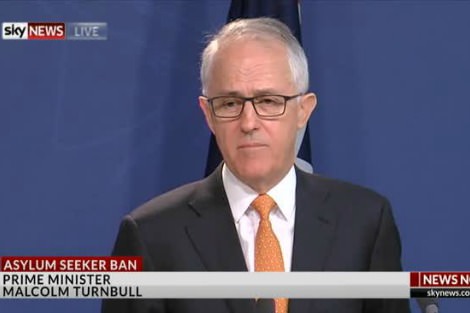
AUSTRALIA
- Kerry Murphy
- 03 November 2016
20 Comments
'Will this affect my case?' Hassan was worried about the survey that said nearly 50 per cent of Australians wanted to ban Muslims from migrating to Australia. I was working on his protection visa. He had a strong case. 'No,' I replied. Like any large religion, in Islam there are many variations in practice and beliefs, influenced by cultural and historical events. To simply ban them all is a crazy option. You do not ban everyone just because a minority are involved in criminal activity. Or so I thought.
READ MORE 
-
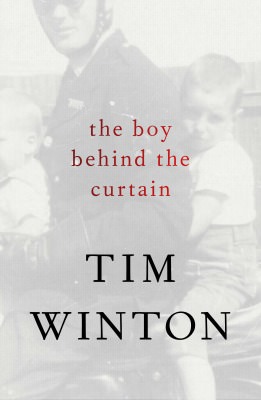
ARTS AND CULTURE
- Tim Kroenert
- 26 October 2016
1 Comment
'When I was a kid I liked to stand at the window with a rifle and aim it at people.' So begins the opening, titular essay. It is a singularly arresting entre to an essay that charts the author's complex relationship with firearms (part awe, part terror), by way of commenting on the place of guns in Australian society. In this collection of essays Winton adopts this mode frequently, weaving (sometimes deeply) personal narratives into stirring, thoughtful commentary on a broad range of social and political issues.
READ MORE 
-
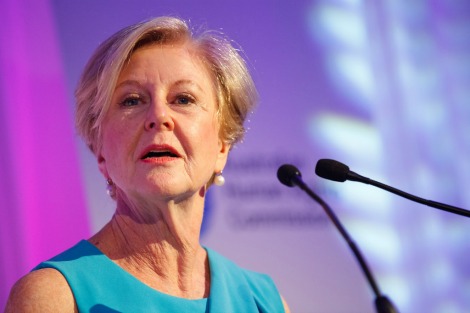
AUSTRALIA
- Moira Rayner
- 25 October 2016
55 Comments
This damnable pursuit of Gillian Triggs must stop at once. Triggs is an outstanding independent statutory office holder, one of the many appointed by governments over decades to remind them of Australia's international human rights obligations and to oversee the functions of laws to mitigate social wrongs such as age, race, disability and sex discrimination in public arenas. But no government likes watchdogs on the moral and legal limits on its power.
READ MORE 
-

INTERNATIONAL
- Duncan MacLaren
- 07 October 2016
33 Comments
The new situation was rammed home to me in a recent trip to a conference in Salamanca, where there is a Scottish seminary, and Madrid, where I have Spanish friends. Everyone I met was shocked at the news and it was as if there had been a death in the family. On the flight back to Edinburgh, it became clear to me that the Brexiteers were about to take my European nationality away from me and replace it with a Little Englander mentality that sees foreigners through a prism of otherness
READ MORE 
-
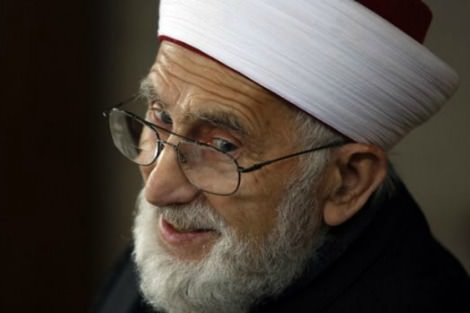
RELIGION
- Irfan Yusuf
- 04 October 2016
11 Comments
Fehmi Naji El-Imam, the former Grand Mufti of Australia who died last month, taught us at a time when we had no internet and books on Islam were limited. Politicised religion was all the craze. In Afghanistan, a coalition of local militias and foreign fighters, the Mujahideen, were receiving support from Western leaders. Conservative politicians praised them for taking on those nasty Soviet Communists. It was easy to be carried away, to have one's faith shaped by overseas events. I almost did.
READ MORE 
-
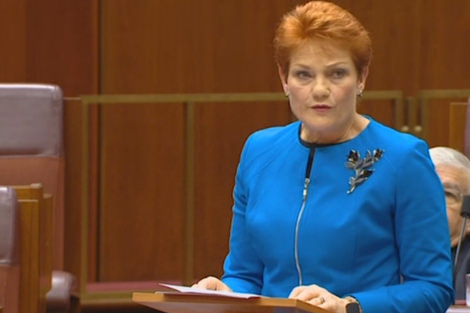
AUSTRALIA
- Rachel Woodlock
- 16 September 2016
24 Comments
Invisible to Hanson and her ilk are the hundreds of thousands of Aussies whose understanding of Islam allows them to enjoy and promote the separation of religion and state, live happily and peacefully alongside their non-Muslim neighbours, and have no long-term plans to impose their beliefs on anyone. Why should anyone delegitimise their Islam? Pauline Hanson may do it for the votes, but if we listen to her and follow her suggestions, we run the risk of destroying the very social cohesion she mistakenly thinks is threatened by multiculturalism.
READ MORE 
-

RELIGION
- Andrew Hamilton
- 15 September 2016
17 Comments
Is Francis' style of political engagement effective? It has certainly gained him a favourable hearing within church and society. His message and his personality suit the times. Whether it will be lastingly effective will depend on whether he changes attitudes, particularly those of people who will be responsible for governance in church and state. But at the very least he has stressed the ethical and religious urgency of treating refugees, the environment, and the economy with respect.
READ MORE 
-

RELIGION
- Brian Lucas
- 09 September 2016
42 Comments
Marriage, and more broadly any other close domestic relationship, is a fundamental social institution. Could not the federal legislation move away from defining marriage to a regime where it recognises marriage? It could recognise Catholic marriage (as described in the Code of Canon Law). It could recognise Anglican or Jewish or Islamic marriage and it could recognise secular marriage (which could include a same sex relationship). On this basis the various 'marriages' are different but equal.
READ MORE 
-

AUSTRALIA
- Joan Hume
- 08 September 2016
15 Comments
On 26 July this year of 19 severely disabled residents were massacred as they slept in their beds at a residential care facility in Sagamihara, Japan. A further 26 were wounded. The perpetrator, Satoshi Uematsu, a former employee sacked for his disturbing views about the residents, later boasted of his 'achievements': 'It is better that disabled people disappear.' Isn't there an ever present probability that without an inclusive and accepting community, without believing in our possibilities rather than seeing only our limitations, we will spawn the likes of another Satoshi Uematsu here?
READ MORE 
-
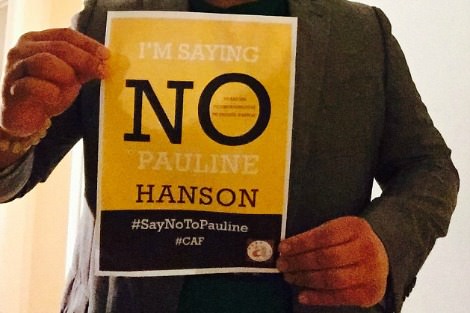
AUSTRALIA
- Tseen Khoo
- 07 September 2016
3 Comments
The Chinese Australian Forum witnessed the traction that One Nation had regained, and the re-emergence of Pauline Hanson as senator. This spurred them to mobilise against the rising prevalence of racist hate-speech against Muslim communities. Informed by previous experiences of One Nation coming to prominence in the 1990s, the CFA launched a #saynotoPauline campaign. It is one example of inter-community collaboration that is crucial in building momentum for broader anti-racist activity.
READ MORE 